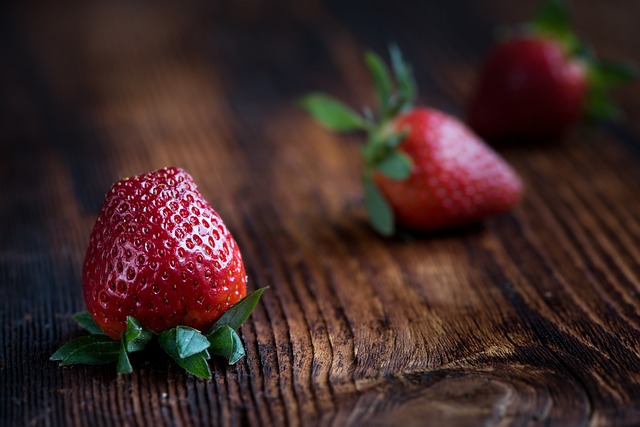Beyond Yogurt: Unconventional Sources of Probiotics You Need to Know About
In recent years, the importance of maintaining a healthy gut has gained much attention. Probiotics, the “good” bacteria that promote gut health, have become increasingly popular as a way to support digestion and overall well-being. While yogurt is commonly associated with probiotics, there are several other unconventional sources that pack a powerful punch when it comes to these beneficial microorganisms. Let’s explore some of these lesser-known options.
1. Kombucha

Kombucha is a fermented tea beverage that has been enjoyed for centuries. It is made by fermenting sweetened tea with a symbiotic culture of bacteria and yeast (SCOBY). This fermentation process produces a fizzy and tangy drink packed with probiotics.
Kombucha contains various strains of beneficial bacteria, such as Lactobacillus and Bifidobacterium, which can help improve gut health. Additionally, it is rich in antioxidants, enzymes, and organic acids that contribute to its overall health benefits.
2. Kimchi

Kimchi is a traditional Korean side dish made from fermented vegetables, typically cabbage and radishes, along with a variety of flavorful ingredients like garlic, ginger, and chili peppers. The fermentation process gives kimchi its signature tangy and spicy flavor while also providing an abundance of beneficial bacteria.
The lactic acid bacteria found in kimchi, such as Lactobacillus plantarum and Leuconostoc mesenteroides, have been shown to have antimicrobial and anti-inflammatory effects and are known to contribute to gut health. Kimchi is also rich in vitamins A, B, and C, as well as minerals like iron and calcium.
3. Sauerkraut

Sauerkraut is a traditional German dish made from fermented cabbage. The fermentation process converts the natural sugars in cabbage into lactic acid, which acts as a natural preservative and gives sauerkraut its distinctive sour taste.
Similar to kimchi, sauerkraut contains various strains of lactic acid bacteria, including Lactobacillus plantarum and Pediococcus pentosaceus. These probiotics can help improve digestion and boost the immune system. Additionally, sauerkraut is an excellent source of dietary fiber, vitamin K, and vitamin C.
4. Miso

Miso is a traditional Japanese seasoning made from fermented soybeans, rice, barley, or other grains. It has a unique flavor that ranges from salty to earthy and can be used in soups, marinades, and dressings.
The fermentation process used to produce miso enhances its probiotic content. It contains various beneficial bacteria, including Lactobacillus and Bifidobacterium strains. Miso also provides essential nutrients, such as protein, vitamins, and minerals.







